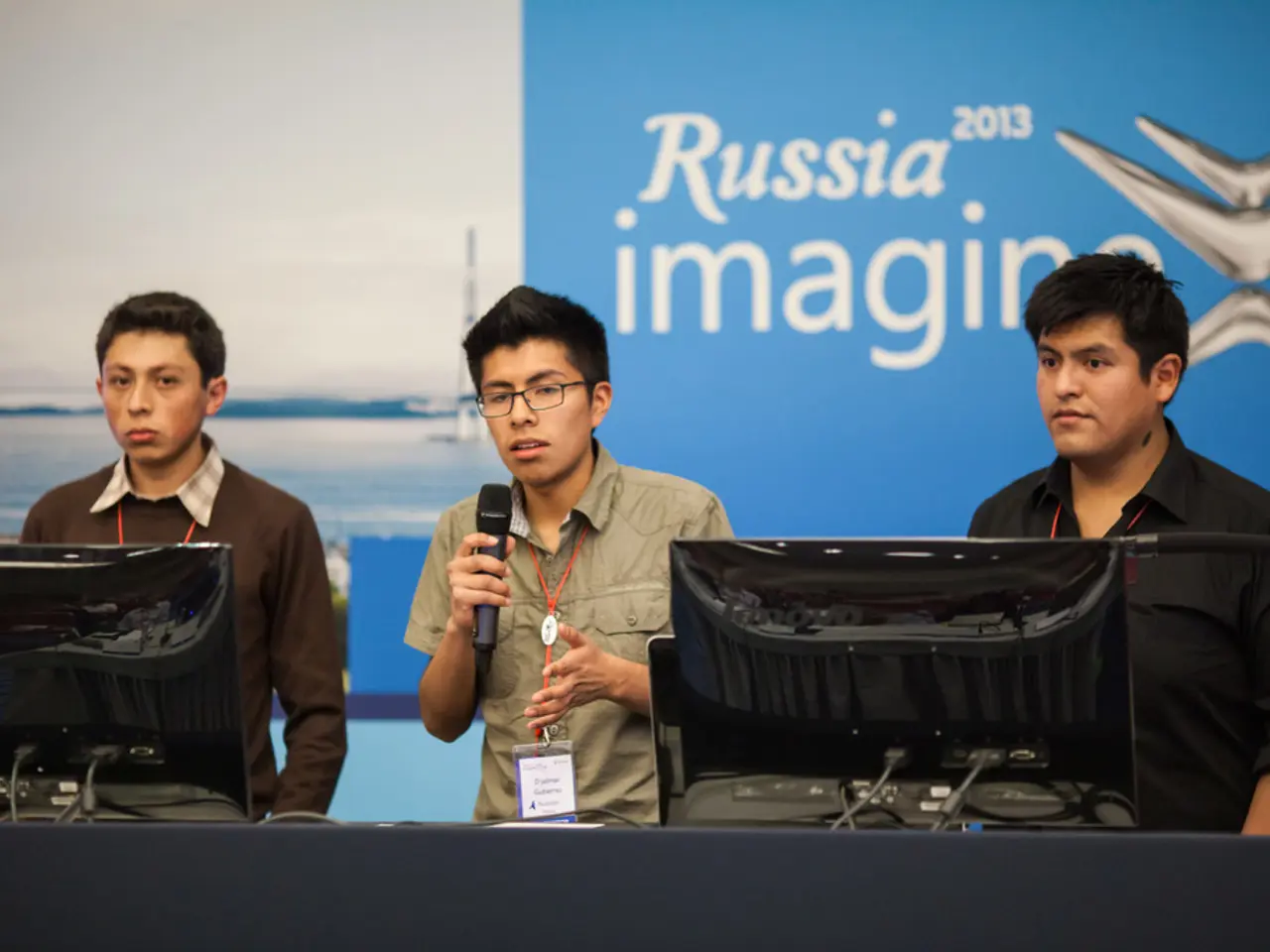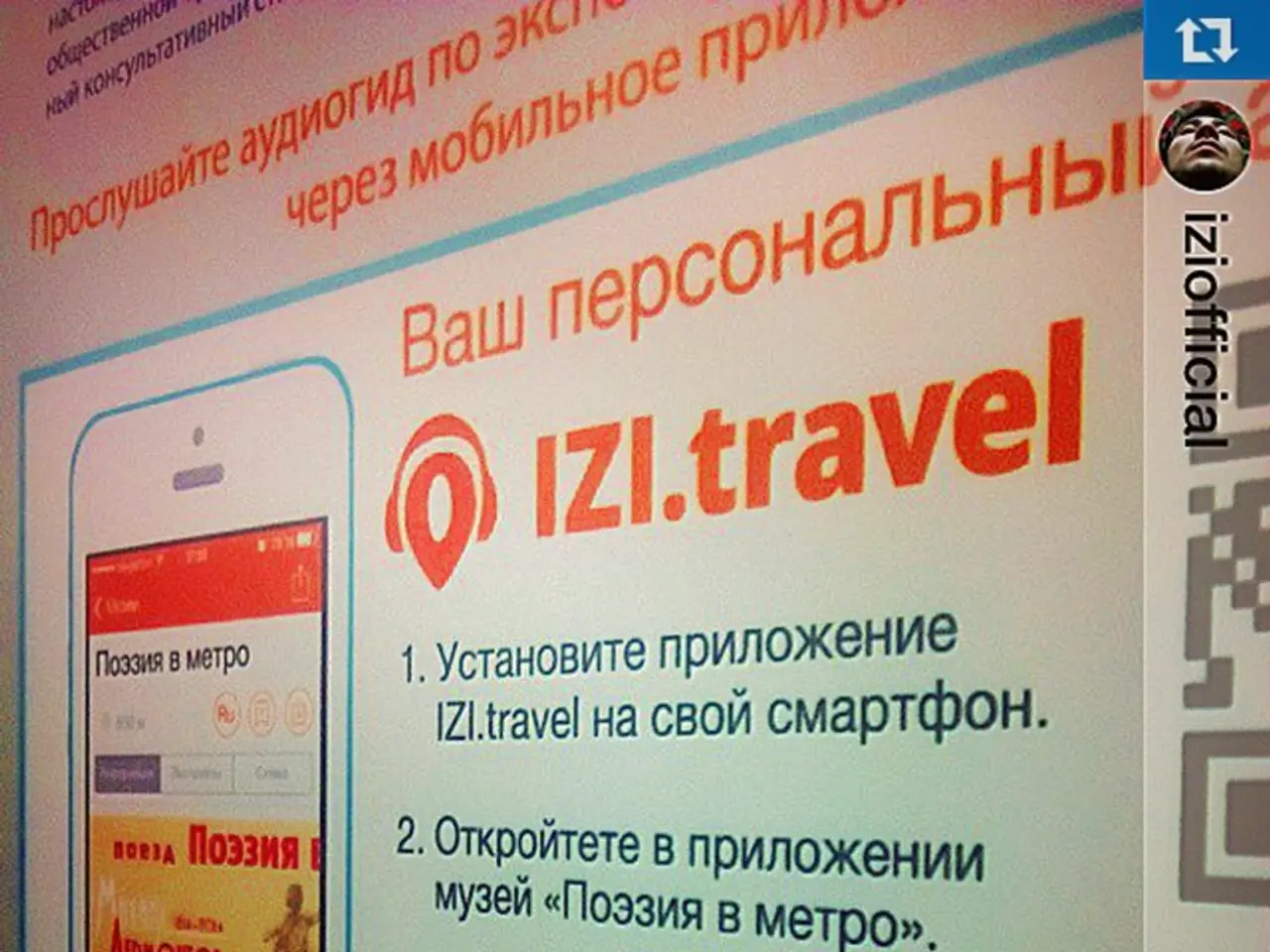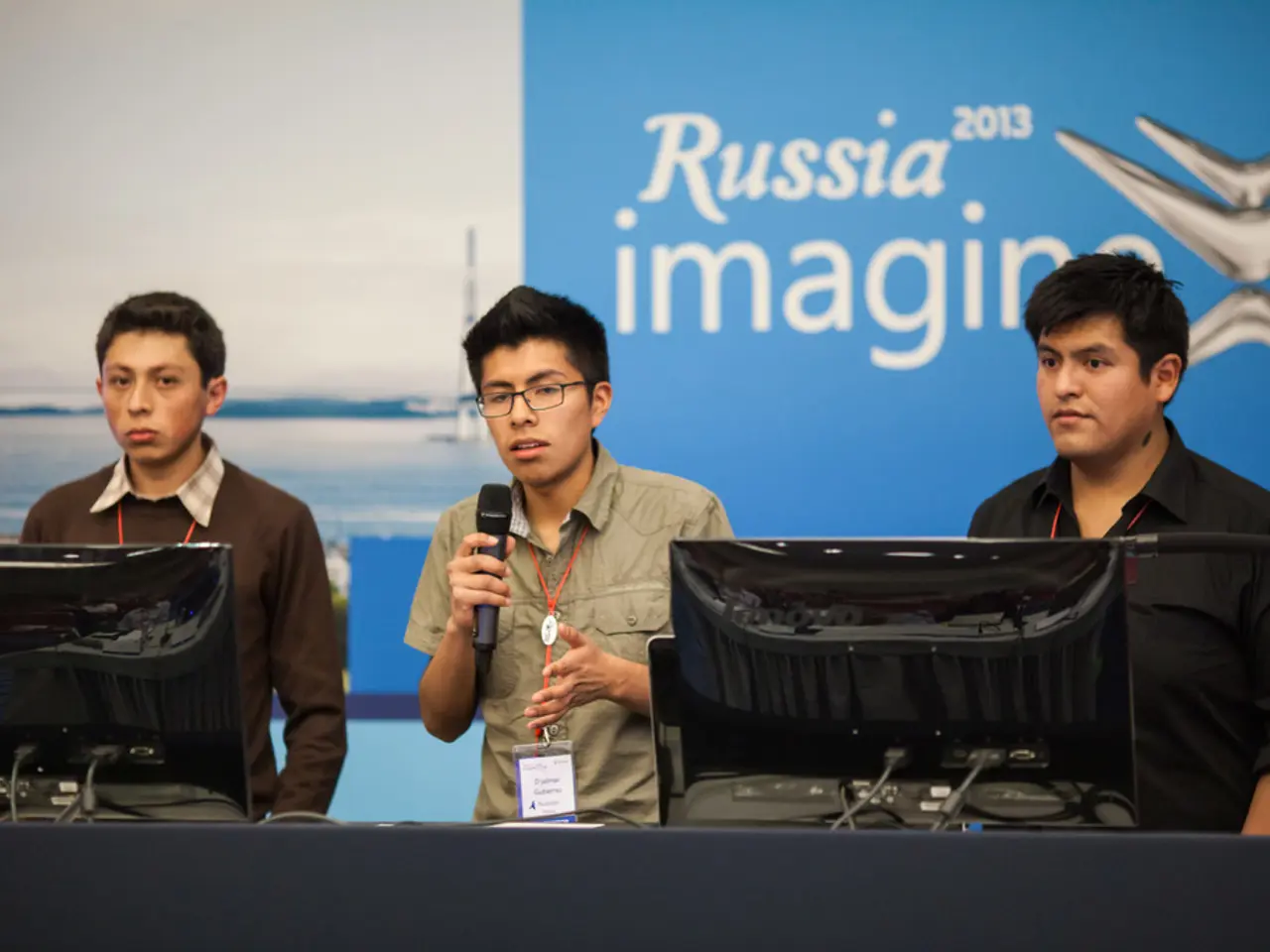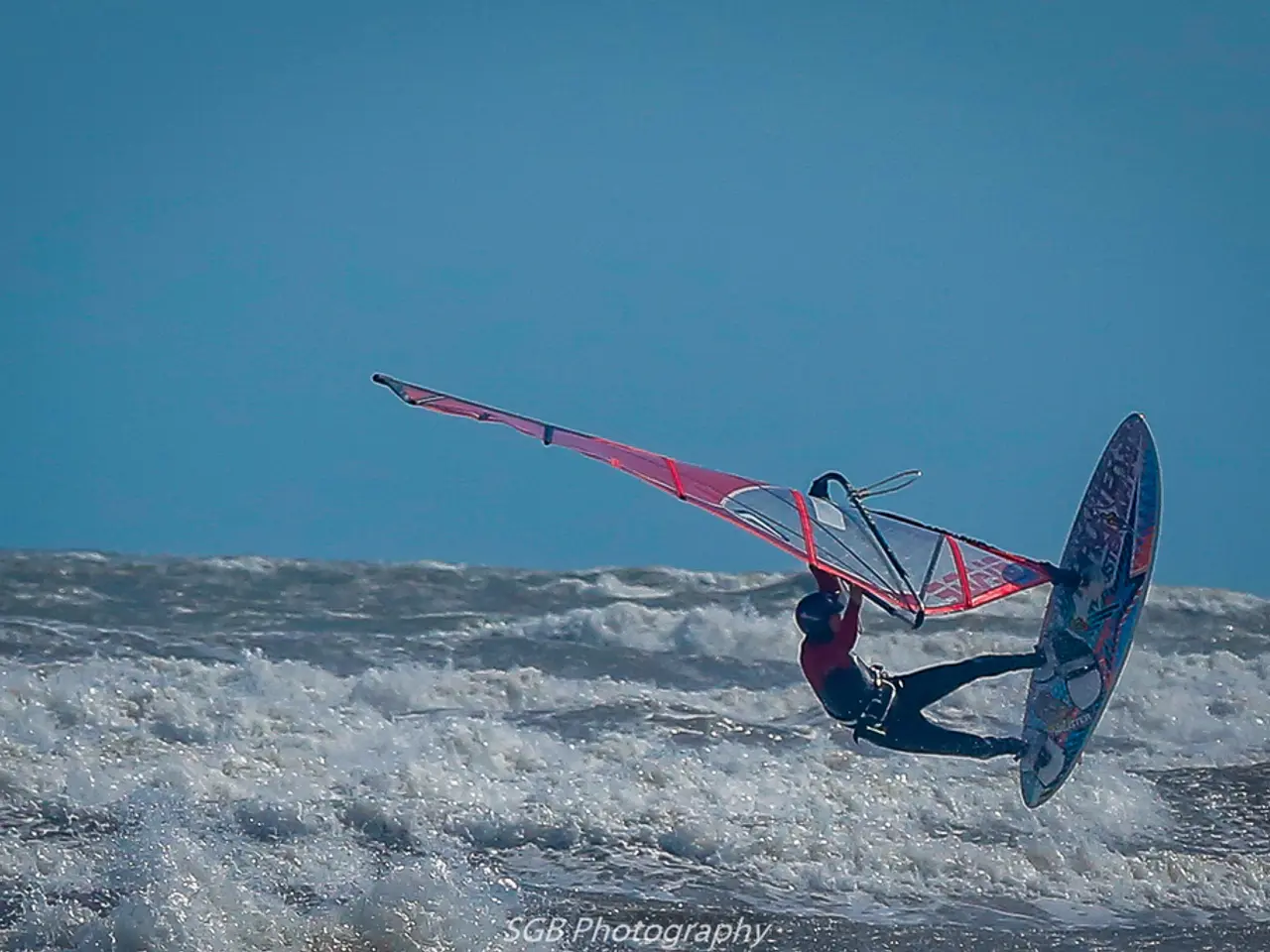USA Vetoes Tough Russia Condemnation at G7 Summit Amidst Ongoing Ukraine Conflict
- *
USA Prevents Approval of Ukraine's Statement at the G7 Conference - United States prevents adoption of Ukraine's declaration during G7 gathering
The 2025 G7 Summit, held during a tense political climate, saw the US thwart a joint statement with stern words against Russia. In the absence of President Donald Trump, his delegation managed to block the statement, with the remaining industrialized nations - Germany, France, Italy, Britain, Japan, and Canada - standing behind it[1][4].
With Ukraine as a special guest, Ukrainian President Volodymyr Zelensky hoped for a pre-scheduled meeting with Trump before the upcoming NATO summit in The Hague. However, Trump's premature departure hindered these chances[3].
Upon return to Germany, German Chancellor Friedrich Merz (CDU) expressed optimism about the summit, stating there was a consensus among the participating nations to continue military support for Ukraine. Canadian Prime Minister Mark Carney, serving as the summit chair, pledged further military aid to Kyiv, amounting to billions[4].
Trump, dismissing European demands for harsher sanctions against Russia on the summit's opening day, displayed cautious optimism regarding the imposition of extended sanctions against Russia[4].
Instead of a unified statement on Ukraine, the G7 countries published six other joint declarations, focusing on topics like migration, artificial intelligence (AI), and critical raw materials. They committed to leveraging secure and reliable AI to spur economic growth[3].
The military confrontation between Israel and Iran cast a shadow over the summit, with Trump's return to Washington significantly ramping up his rhetoric towards Tehran. Calling for Iran to surrender, Trump held consultations with the National Security Council, sparking speculation regarding a potential military intervention against Iran[3].
Merz signified his understanding regarding Israel's attacks on Iran, remarking that the Israelis were performing the "grunt work" for Western allies. During a ZDF interview, Merz stated that the Israelis were acting in the interest of the collective West[3].
Initially, the G7 nations endorsed a joint statement asking for de-escalation in the conflict and emphasizing Israel's right to defend itself, while stressing that Iran must never acquire nuclear weapons[3].
Trump's early departure also prevented Chancellor Merz from convincing the US President, along with French President Emmanuel Macron and Italian Prime Minister Giorgia Meloni, to reconsider the trade dispute with the EU. In response to the EU's lack of a "fair offer," Trump stated that they were merely conversing and that the deadline for a deal was July 9[3].
Russia (1)
According to enrichment sources, the US refused to endorse language explicitly condemning Russia, wishing to preserve its role as a potential mediator with Russian President Vladimir Putin[1][4]. In contrast, other G7 members, such as Canada and Germany, advocated for tougher language to pressure Russia[1][4].
Ukraine (2)
Thwarted by the US, the G7 leaders were unable to put out a unified statement on Ukraine. As a result, Canada issued its own statement on the matter[3][4].
Canada (3)
Canadian Prime Minister Mark Carney announced Can$2 billion (approximately $1.47 billion) in military support for Ukraine during the summit[4].
German Chancellor (4)
Friedrich Merz, the German Chancellor, expressed optimism regarding the summit, emphasizing the consensus amongst the industrialized nations to support Ukraine[3].
Israel (5)
Israel's attacks on Iran were viewed as instrumental in upholding Western interests by German Chancellor Friedrich Merz[3].
- G8 Summit
- USA
- Donald Trump
- Iran
- Friedrich Merz
- Industrialized Nation
- Israel
- Germany
- France
- Volodymyr Zelensky
- US President
- Italy
- Britain
- Japan
- NATO Summit
- The Hague
- CDU
- The European Union has been actively involved in the negotiations on the accession of the Czech Republic, Hungary, and several other countries, as they work towards becoming full members.
- The ongoing Ukraine conflict and the G7 Summit discussions highlighted the stark contrast between the US's cautious approach towards sanctions against Russia and the harsher stance advocated by countries like Canada and Germany within the G7 alliance.





